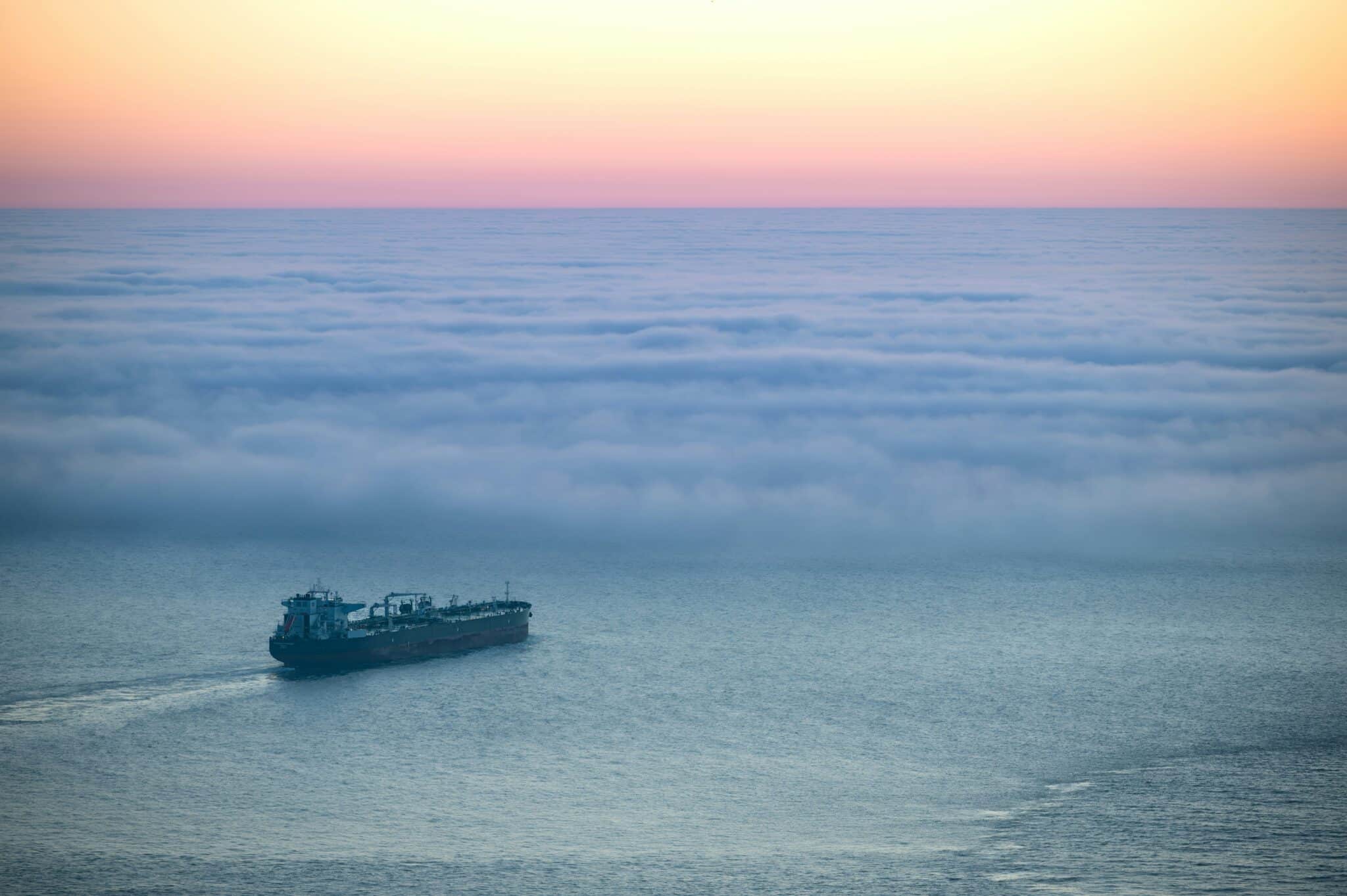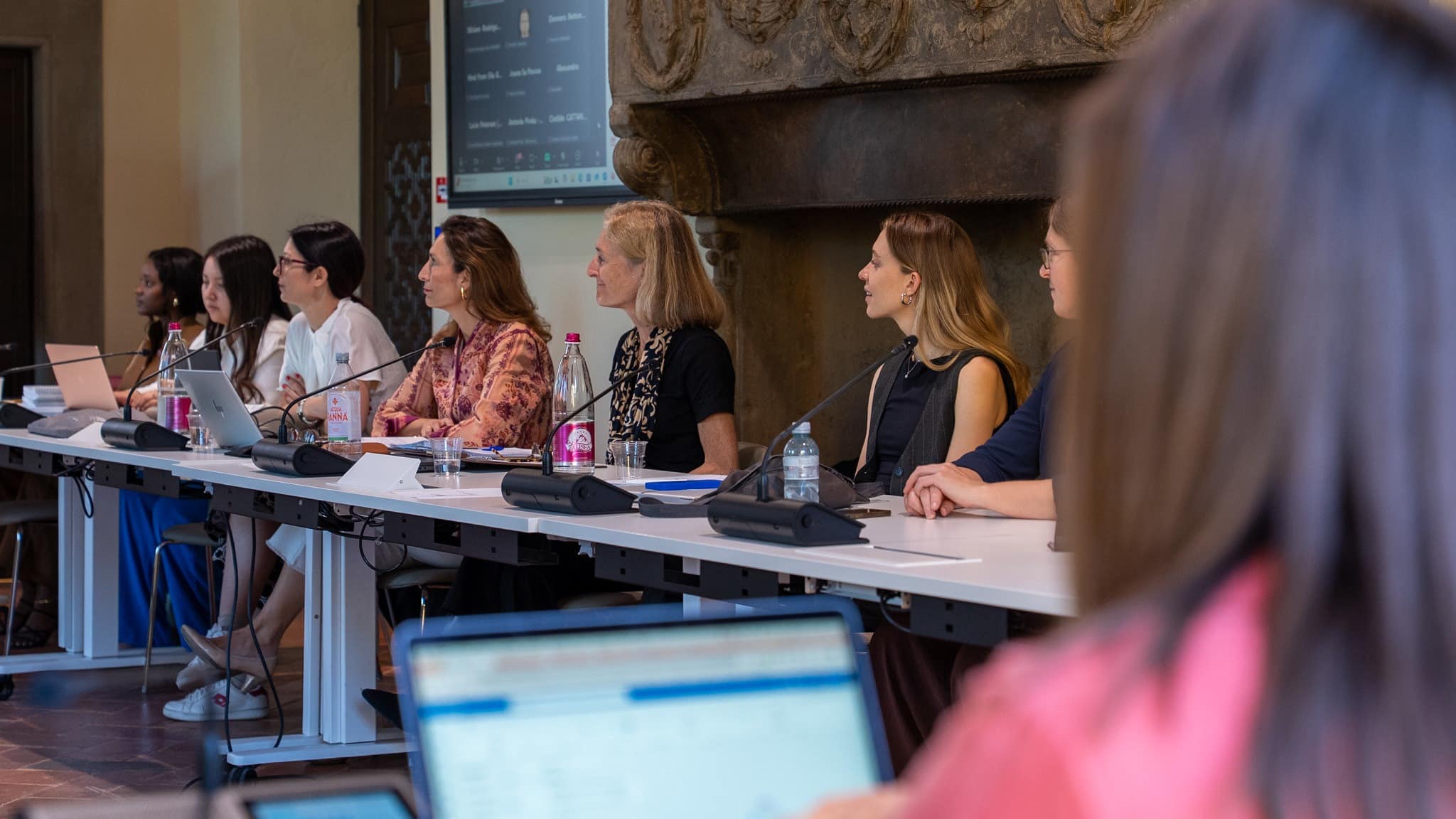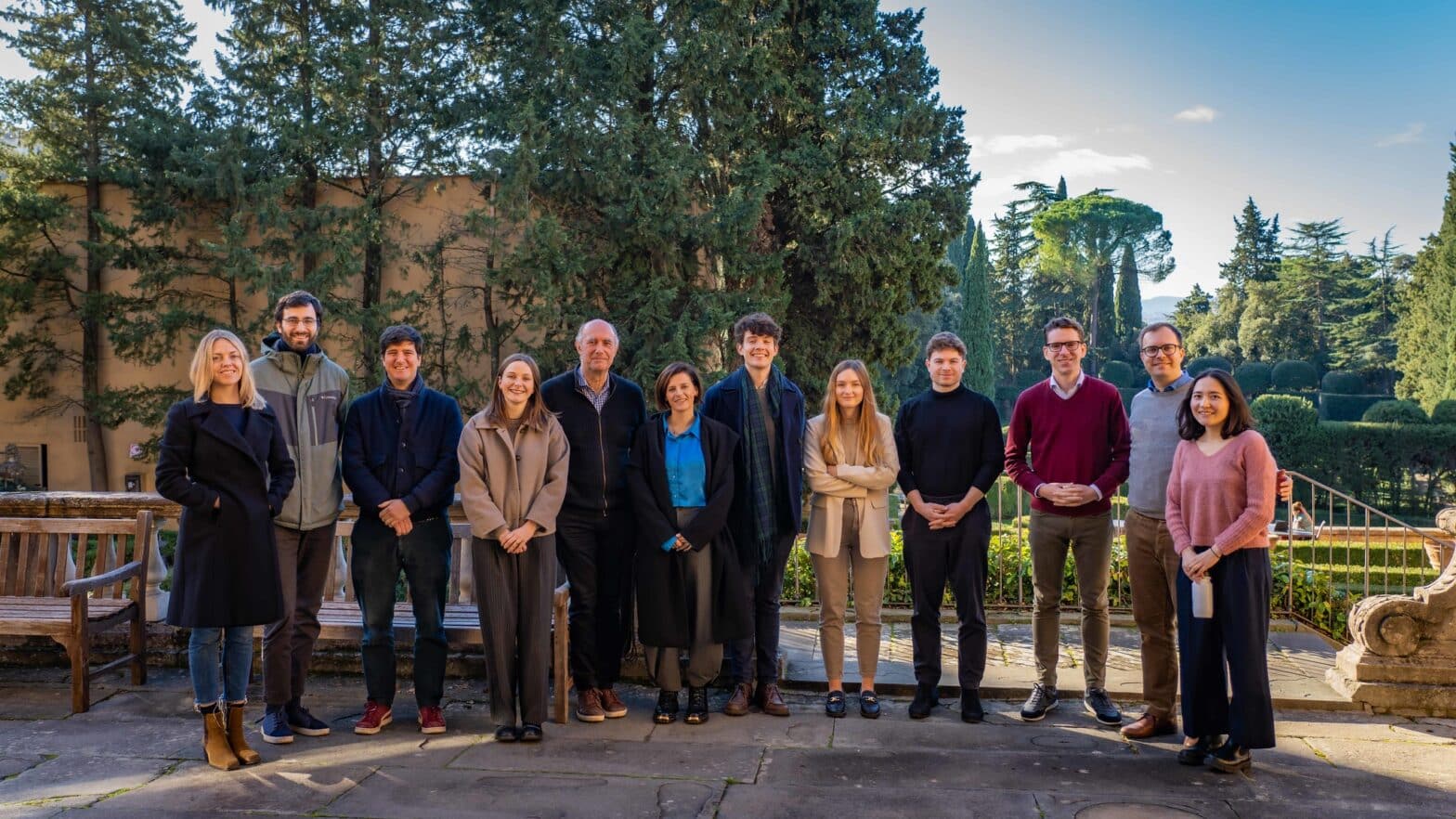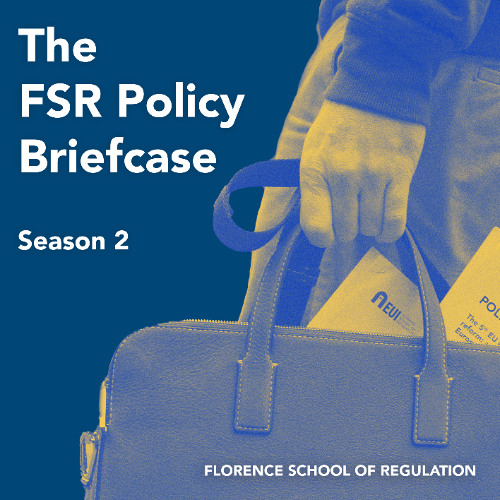Modelling LNG trade developments in a changing world
Highlights from the event: Navigating Global LNG Trade Dynamics and Geopolitical Challenges in 2040

The #FSRInsights episode “Navigating Global LNG Trade Dynamics and Geopolitical Challenges in 2040” focused on the critical role of Europe as a large LNG importer and the complexities involved in balancing decarbonization objectives with energy security concerns. The discussion was grounded in the findings of the recent study “Modeling Europe’s role in the global LNG market 2040: Balancing decarbonization goals, energy security, and geopolitical tensions.”
The presentation was delivered by one of the paper’s authors, Sebastian Zwickl-Bernhard. The session featured questions and comments from experts Anna Cretì of Université Paris Dauphine and Anouk Honoré from the Oxford Institute for Energy Studies (OIES), and was moderated by Marzia Sesini and Nicolò Rossetto from the Florence School of Regulation (FSR).
Key findings from the paper
-
Net Zero Scenario
In the Net Zero scenario[1], the analysis illustrated that the EU would require four primary gas exporters—Algeria, Nigeria, Qatar, and Other Europe—to meet its LNG demand. These exporters would account for roughly equal shares, with Algeria, Nigeria, and Qatar each supplying about one-third of the total European demand, while Other Europe contributed just 4.3% (0.053 billion MMBtu). The marginal supply cost in this scenario was set at $9.3/MMBtu, determined by Other Europe, while the average supply cost stood at $7.1/MMBtu.
-
Persisting Fossil Demand Scenario
In contrast, the Persisting Fossil Demand scenario[2] projected a higher total LNG demand for Europe, necessitating seven exporters. Nigeria, the USA, and Trinidad and Tobago were identified as the top three suppliers, together fulfilling 76% of Europe’s demand. The marginal supply cost from Other Americas reached $13.6/MMBtu, with an average supply cost of $10.3/MMBtu. Notably, the USA emerged as a key exporter in this scenario, contrasting its negligible role in the Net Zero scenario.
-
Comparison of Scenario Results
The differences between these two scenarios highlighted significant shifts in LNG supply dynamics. While Nigeria’s exports increased in the Persisting Fossil Demand scenario, Qatar was not a significant supplier to the EU in this context due to competing demands from Asia Pacific. Additionally, both average and marginal supply costs increased by 46% and 45%, respectively, in the Persisting Fossil Demand scenario compared to the Net Zero scenario. In other words, were the world continue to consume a lot of LNG, Europe would be obliged to purchase its gas from far afield and at a higher cost.
Environmental risks and methane emissions
Beyond the analysis of price levels and supply routes, Sebastian’s presentation also included the environmental risks associated with methane emissions from LNG shipments. Participants highlighted concerns about the greenhouse gas emissions linked to the entire LNG supply chain, including extraction, transportation, and regasification. The significance of addressing these emissions was underscored, as they pose a substantial challenge to achieving climate targets and can undermine the perceived benefits of transitioning to LNG as a “cleaner” fossil fuel alternative.
Impact of geopolitical tensions
Further building on the scenario results, Sebastian explored the impact of geopolitical tensions on LNG imports and exports. Various cases were examined, such as the effects of restricted exports from Africa, high prices in the Middle East, and the consequences of geopolitical conflicts that could restrict access to LNG supplies. In this regard, Anna Cretì asked how effectively geopolitical tensions could be integrated into these scenario models, prompting a discussion on the complexities and methodologies involved in such integrations. Additionally, Anna and Sebastian acknowledged that it was not clear whether African exporters could definitively increase their exports as needed to play a role as the EU’s marginal supplier.
Strategic relationships and audience engagement
Discussion moved to the strategic relationship between gas exports and export terminal ownership, particularly in the case of Qatar. This relationship is crucial in understanding how Qatar’s control over its export infrastructure influences its ability to meet global demand and solidify its position in the LNG market.
During the audience Q&A, a participant asked why US gas was so expensive in the scenarios presented in the paper. Sebastian explained that this high cost was primarily driven by significant transportation costs associated with shipping LNG to Europe. The interactive format of the debate allowed for a variety of perspectives to be shared, with participants raising questions about the economic implications of Europe’s energy transition and the strategic importance of LNG in ensuring energy security.
Conclusion
In conclusion, the webinar highlighted the multifaceted challenges Europe may face in navigating the global LNG market of 2040. While there is a consensus on the need for both energy security and climate action, the specific pathways to achieve these goals remain contested. The insights shared during the session will contribute to ongoing discussions about Europe’s future energy policies within a rapidly evolving global landscape.
[1] Defined by the ambitions of EU energy and environmental policy, a clearly defined target of net zero carbon emission by 2050, and the efforts to replace natural gas imports to Europe from Russia.
[2] Defined by continued growing global energy demand.
Don’t miss any update on this topic
Sign up for free and access the latest publications and insights















